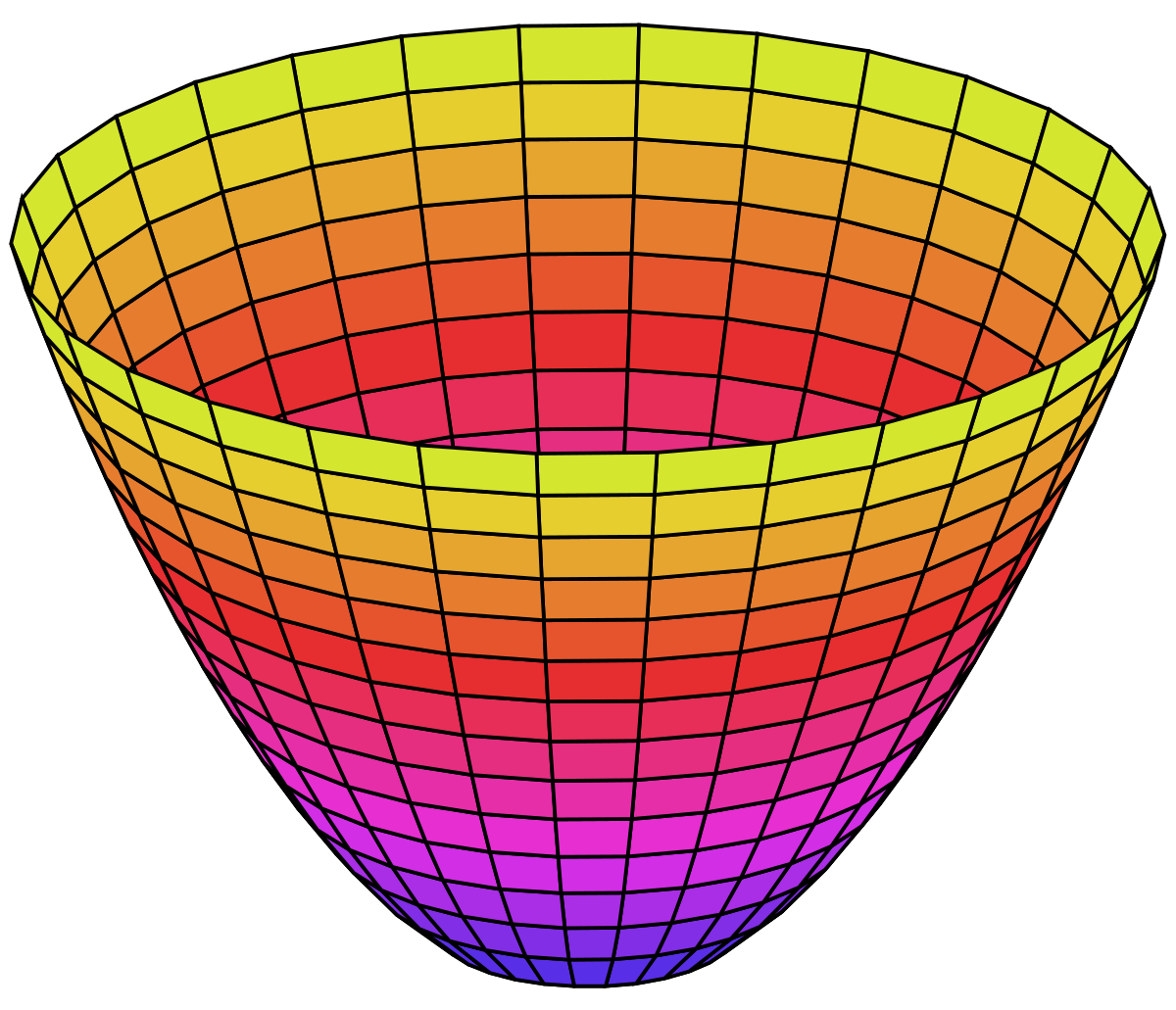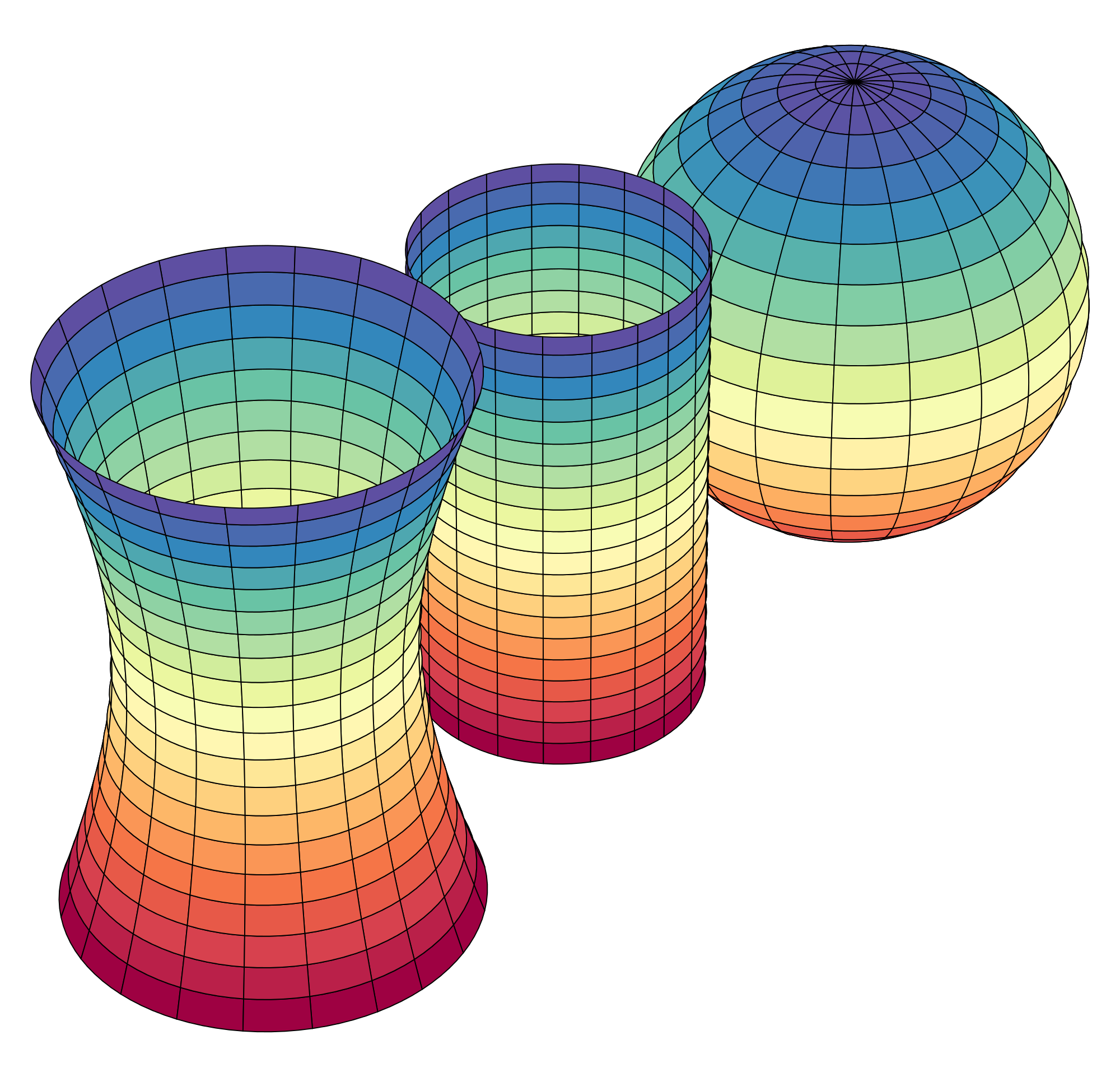Is Distance Calculus For You?
Distance Calculus is not for everyone.
There are some types of students that Distance Calculus is very well-suited for. But for other types of students, it is not.
Our goal is make sure you are happy and successful if you decide to take a Distance Calculus course. Below is a description of various types of student attributes, and our experiences with these types of attributes.
Predictive Attributes of a Successful Distance Calculus Student
- 25 Years of Age and Up
Students who are 25 and over, and thus most likely working full-time, seem to do well with the "independent study nature" of the Distance Calculus courses. - Working Adults
Students who are working, and possibly raising children, seem to do well in Distance Calculus, understanding from their life experiences the need for self-discipline and communication in their Distance Calculus studies. - Self-Disciplined
Students who have a fair amount of self-discipline, either through athletics or academics, tend to well in Distance Calculus, understanding the need for regular course work and progress through the course materials. - Military Personnel
Discipline is a powerful academic attribute, and students who are in the military have this training by necessity. - MBA Applicants
The desire to earn an MBA is usually a very good motivating factor for many students, especially when their intended MBA school gives a deadline for completing their business calculus course. - High School Student
Students in high school who wish to achieve completion of calculus while in high school tend to be very motivated and disciplined students.
Predictive Attributes of a Struggling Distance Calculus Student
- Under 20 Years Old, Not In High School
This age group tends to struggle with Distance Calculus courses. - Regular University Students Taking a Full Load of Courses
Freshmen and Sophomore students take 4 or 5 other courses, and hoping to fit in a Distance Calculus course tend to struggle, due to the lack of f fixed deadlines in Distance Calculus. When taking so many courses, and struggline with time management, usually one course suffers, and it is usually Distance Calculus. - Computer-Phobic
Depending upon the attitude of the novice computer user, Distance Calculus can feel like a struggle against the computer, more so than the mathematics involved. While we encourage these students to challenge their phobias so that they overcome them and join the technology revolution as happy participants, we do find that more often than not, students in this category tend to struggle in Distance Calculus. - Poor Communicators
While all of us can certainly improve our communication skills, there are some students whose communication skills are below average. This is different than skills in English, if English is your second language. Good communication skills refers to the ability to tell the instructional staff "where you are at" in the course, what you are struggling with, being able to say, "I don't understand this question, but here is what I think I understand about this topic:....".Distance Calculus requires serious communication between the instructors and the students. Those students who are not good at communication like this, or don't want to become good at it, tend to struggle in Distance Calculus.
 Freshman Math Courses
Freshman Math Courses
- Applied Calculus for Business [3 credits] [3CR]
- Applied Calculus for Life Science [3 credits] [3CR]
- Calculus I[4 credits] [4CR]
- Calculus II[4 credits] [4CR]
 Sophomore Math Courses
Sophomore Math Courses
- Multivariable Calculus III [4 credits] [4CR]
- Differential Equations [3 credits] [3CR]
- Linear Algebra [4 credits] [4CR]
- Probability Theory [3 credits] [3CR]
 Honors Math Courses
Honors Math Courses
- Honors Calculus I [5 credits] [5CR]
- Honors Calculus II [5 credits] [5CR]
- Honors Calculus I+II for Data Science [5 credits] [5CR]
- Honors Multivariable Calculus [5 credits] [5CR]
- Honors Differential Equations [4 credits] [4CR]
- Honors Linear Algebra [5 credits] [5CR]
- Honors Linear Algebra for Data Science [5 credits] [5CR]
 Lower Division Math Courses
Lower Division Math Courses
- Precalculus with Trigonometry [4 credits] [4CR]
- Introductory Statistics [4 credits] [4CR]
- Finite Mathematics [3 credits] [3CR]
- Discrete Mathematics [4 credits] [4CR]
 Upper Division Math Courses
Upper Division Math Courses
- Computational Abstract Algebra [4 credits] [4CR]
- Computational Differential Geometry [4 credits] [4CR]

